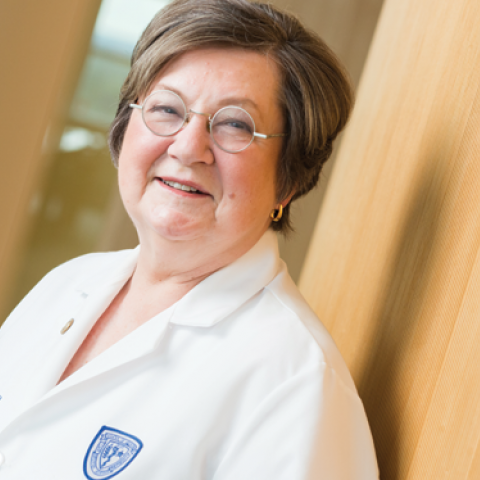At our new house, we have a new ecosystem. The opossum and the skunk who actually resided next door but visited our back yard regularly are gone. There seem to be fewer squirrels and more chipmunks. But—we have a hawk.
Actually, we have a pair of them. We saw them first a few nights ago when a great ruckus of bird cries arose from the back yard. We went out to find the hawk serenely positioned on a low branch, and the robins dive-bombing him and screaming as they did. We guessed they have a nest or nests close by. The hawk sat, unperturbed, for quite a while, then with some majesty in his wings, lifted off and flew away. Later, in early morning, he was on our soon-to-be-paved patio, screaming himself until his mate flew by and they both took off. No child with a slingshot or a BB gun threatened them. They were in charge.
It struck me that COVID is large and serene and being dive-bombed with all of our might—social distancing, masking, vaccine developers, clinical trials of drugs, clearing hospital beds, and creating new ones for the anticipated casualties. Yet so far, the pandemic is largely unperturbed. Pushed away but not vanquished, threatened but not damaged. There is, in some quarters, great hope that it will just fly away, but that seems not to be under our control. The children with slingshots will be the scientists developing treatments and vaccines. And they are coming for COVID, right now.
Memorial Day is a time to reflect on gains and losses. For those of my era, the losses are those of the Viet Nam war, the kids I went to high school with who marched off and did not come back. And our parents or older siblings reflect on the Korean War. But now we see that in a few short months, COVID has killed more U.S. citizens than the wars in Korea and in Viet Nam combined. It has struck close to home. It took Annie Glenn, revered by many in Ohio. It took celebrity chef Floyd Cardoz, who raised money for our student research programs. It took John Makely, renowned orthopaedic surgeon on our emeritus faculty. And it has taken many others as well. In its economic wake is more devastation. All our favorite restaurants are struggling to survive. Our hospital partners are losing money without the “elective” visits and surgeries that are looking not-so-elective after two months’ delay. They are pained not to serve those who need their help, but balance risk and benefit.
But we have gained, too. Our hospitals have responded magnificently, gearing up clinical trials more rapidly than we thought possible, and making suitable arrangements for COVID and non-COVID patient care. They are providing for our students' rapid reentry to clinical training, with maximum safety. We responded too, giving up our cherished Samson Pavilion to morph into Hope Hospital which we fervently hope is never needed. We geared up the COVID-19 Task Force, ramped up support facilities such as the BSL3 lab, and so far have submitted over 100 proposals for external and internal funding across the university—22 to the NIH from the medical school alone. We are well-positioned for rapid response to this—and the next pandemic.
And in cocooning, we have been changed, too. In cocoons, caterpillars undergo metamorphosis into beautiful butterflies. How will we come out?
Memorial Day too, for the gardeners among us, is the first time it’s safe to plant the annuals. For sure, growth will follow.
Pam


